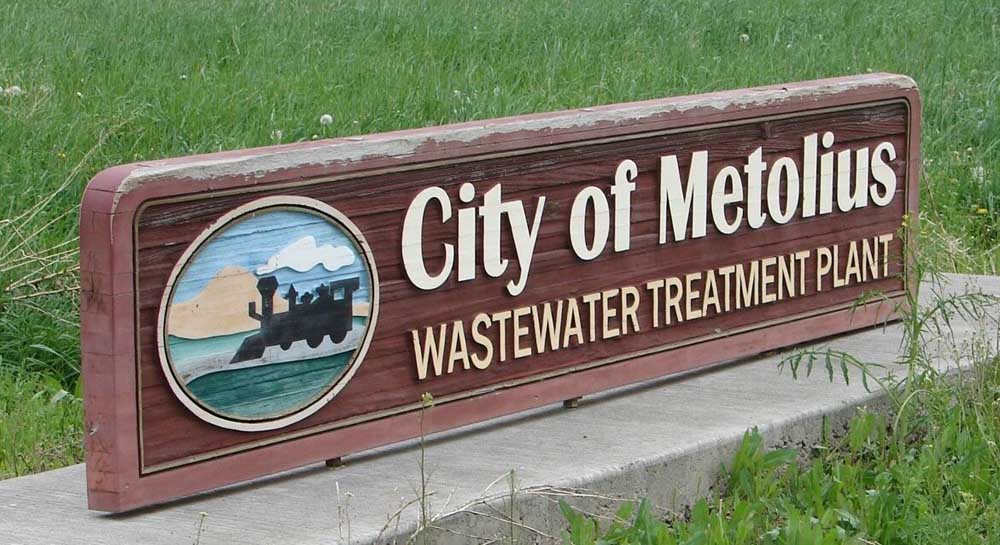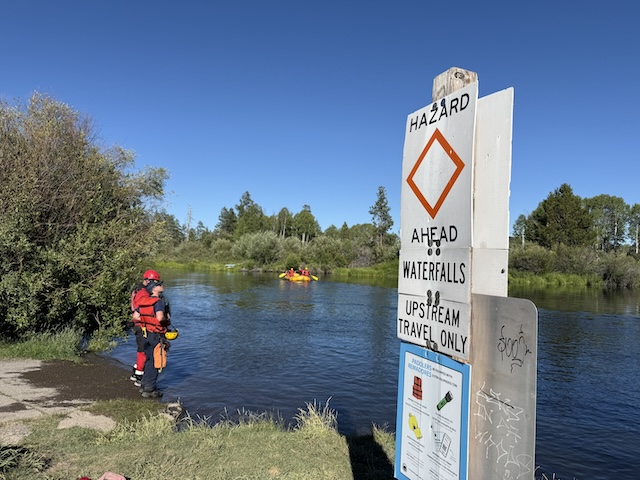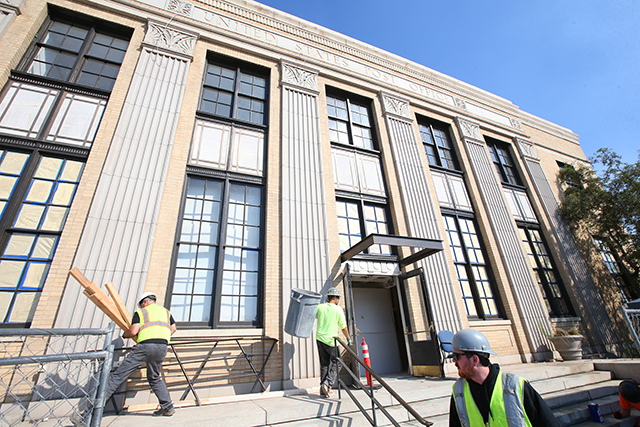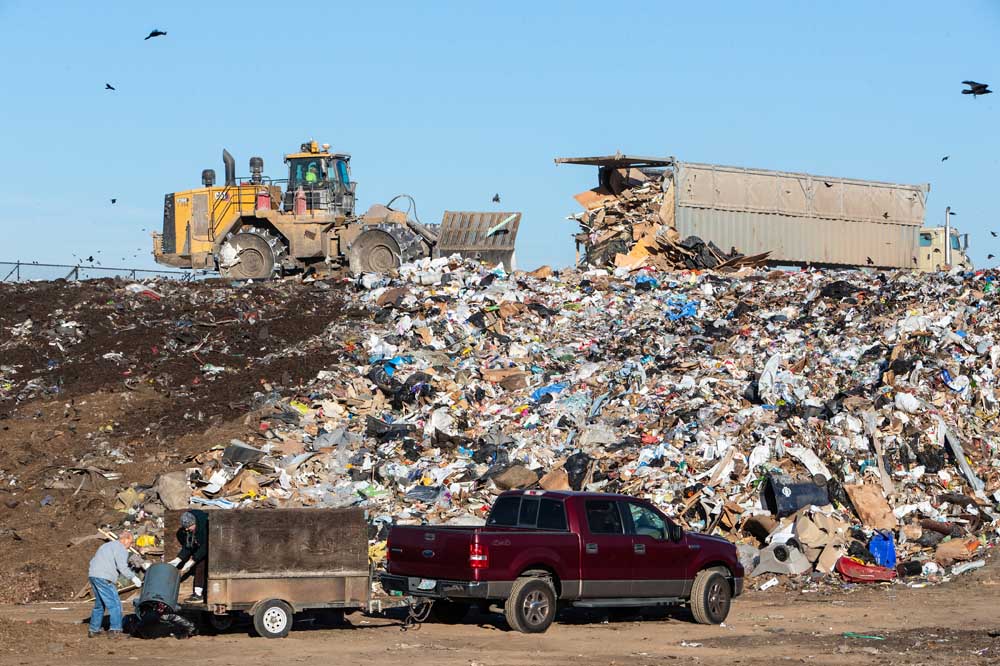Oregon land use ruling overturns city’s urban growth boundary expansion
Published 1:30 pm Tuesday, October 26, 2021

- The Oregon Land Use Board of Appeals has overturned an expansion of the city of Metolius urban growth boundary to include the site of its waste water treatment plant.
An expansion of the city of Metolius urban growth boundary must be reconsidered because it hasn’t been shown to be necessary, according to the state land use board.
The Oregon Land Use Board of Appeals has overturned a decision by Jefferson County to add a 67-acre property to the city’s UGB that’s currently used to treat and dispose of wastewater. The city obtained the county’s approval for the UGB expansion because it wanted to bring the wastewater plant and adjacent fields under its jurisdiction, simplifying future modifications to the facility under state land use law.
Trending
Central Oregon LandWatch, a nonprofit, and the Jefferson County Farm Bureau challenged the UGB expansion, and LUBA has now agreed the decision didn’t meet the state’s land use criteria.
“The county has not explained why it is necessary, indispensable, or essential that the subject property be within the UGB, and we do not see how it is necessary or required,” according to the LUBA ruling.
The wastewater facility was authorized under a conditional use permit more than two decades ago and its effluent is already used to irrigate hay, so the county hasn’t demonstrated a “compelling need” to bring the property within the UGB, the ruling said.
The UGB expansion was authorized without showing that it’s needed based on a 20-year population forecast and because existing land within the city is insufficient to accommodate the growth, LUBA said. The county’s decision cited a population forecast for Metolius that’s not up-to-date, as its actual population has lagged the estimate.
The wastewater facility has excess capacity, treating about 55,000-65,000 gallons a day while it’s designed to treat an average of 126,000 gallons a day, up to a peak of 253,000 gallons a day, the ruling said.
“The county has not shown that changes in technology, upgrades, or an increase in the wastewater stream require adding acreage to the UGB or that a public works building needs to be sited on the subject property,” according to LUBA.
Trending
The city’s “desire to have land use control over the property” does not “override” the statewide land use goal of an orderly transition from rural to urban uses, the ruling said. The wastewater facility is already located in the “exclusive farm use” zone and does not require rezoning or annexation into the city.
“The county does not explain how recent housing development or the city’s desire for land use control over the site require or make necessary an adjustment in land use designation where the city’s wastewater facility was permitted over 20 years ago and has long been in operation on the site,” LUBA said.
Patty Wyler, the city’s mayor, referred questions about the ruling to the city attorney, who did not respond to requests for comment.
Allowing the city to expand its UGB to gain land use jurisdiction over the site would have set a bad precedent, allowing the boundary to be enlarged regardless of actual population growth, said Rory Isbell, attorney for Central Oregon LandWatch.
“It could have set the stage for other cities to do the same,” he said. “It seemed pretty egregious, which is why we appealed the decision.”
Expanding the UGB opens property up for development, while irrigating hay with wastewater doesn’t require such a change in designation, Isbell said.
“That’s a farm use and it’s not needed within an urban growth boundary,” he said. “The fact it’s treated with wastewater doesn’t mean it’s part of an urban wastewater system.”








